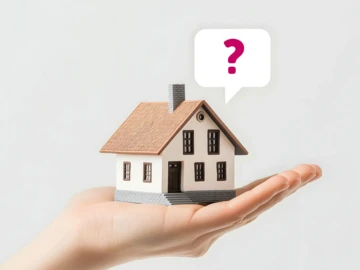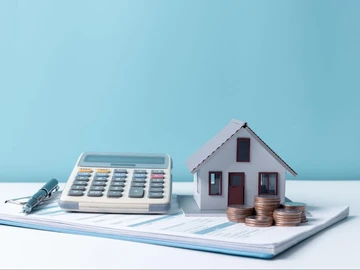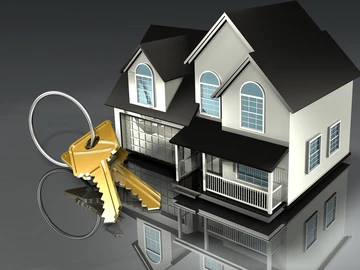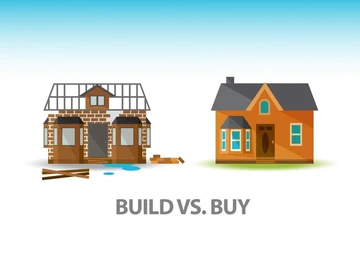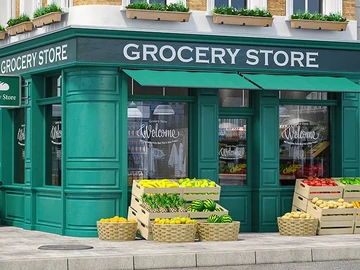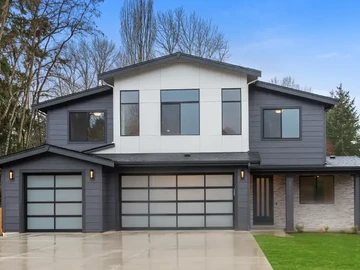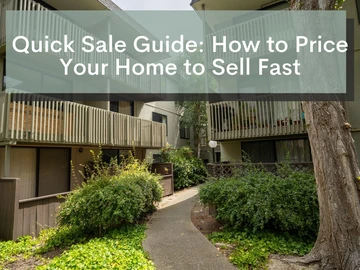Strategies, Risks, and Opportunities for Local and Diaspora Investors
With property consistently ranked as one of the most stable investments in Zimbabwe, more people are looking to real estate to grow wealth, hedge against inflation, and generate passive income. But how do you move from owning a single property to building a profitable, diversified investment portfolio?
This guide breaks down the key steps, strategies, and statistics to help both local and diaspora investors take a structured approach to real estate investment in Zimbabwe.
1. Why Real Estate Remains a Top Asset in Zimbabwe
Despite economic volatility, property investment in Zimbabwe continues to offer resilience and long-term gains.
- Property is a preferred hedge against inflation, with an average annual appreciation of 5%–12% in key suburbs (Property.co.zw data, 2025).
- Rental yields in Harare range from 5% to 9%, depending on location and property type.
- Over 60% of property purchases in 2024 were cash-based, reflecting investor confidence in brick-and-mortar assets over volatile currencies.
With diaspora remittances topping US$1.8 billion in 2024 (RBZ), a growing number of Zimbabweans abroad are reinvesting in the local property market.
2. Step 1: Define Your Investment Goal
Ask yourself:
- Are you looking for cash flow (rental income)?
- Capital growth (long-term appreciation)?
- A legacy asset or retirement fallback?
For example:
- Townhouses in Borrowdale or Highlands attract expats and NGOs, ensuring strong rental income.
- Vacant plots in fast-growing towns like Ruwa or Norton offer long-term value appreciation.
3. Step 2: Start With a Solid First Property
Don’t overextend. Begin with a well-located, manageable property:
- 1- to 2-bedroom apartment in Harare’s Avenues or Avondale — average price: US$35,000–US$60,000
- Cluster home in a gated community — entry-level prices from US$70,000–US$100,000
- Commercial property unit in CBD — office/retail space from US$1,000 per sqm
Check current price estimates for any location via Property.co.zw Property Price Trends.
4. Step 3: Leverage Rental Income to Expand
Once your first investment starts generating cash flow, reinvest that income or combine it with savings to buy the next property.
Case Example:
An investor in 2022 bought a US$55,000 apartment in Avondale, now earning US$500/month in rent. By 2025, they used 2 years’ rent savings plus top-up capital to purchase a second property.
With a rental yield of 8–9%, properties in areas like Waterfalls, Bluff Hill, and Msasa are strong candidates for portfolio growth.
5. Step 4: Diversify by Location and Property Type
To reduce risk and maximise returns, diversify:
|
Property Type |
Benefits |
Sample Location |
|
Residential |
Stable tenants, long-term gains |
Greendale, Westgate |
|
Commercial |
High yields, faster turnover |
Harare CBD, Graniteside |
|
Plots/Land |
High growth potential |
Ruwa, Zimre Park |
|
Holiday Homes |
Dual-use potential |
Nyanga, Kariba |
Tip: Commercial units in CBD areas are bouncing back post-COVID, with an average ROI of 12% over 3 years if well-tenanted.
6. Step 5: Secure Financing or Partnerships
While Zimbabwe is largely a cash market, financing options are expanding:
- NMB, CBZ, and FBC offer diaspora mortgage products
- Some developers offer instalment plans over 12–24 months
- Joint venture partnerships with landowners or developers are gaining popularity
As of 2025, less than 20% of purchases are financed, presenting a gap and opportunity for innovative financing models.
7. Step 6: Protect Your Portfolio
You’ve worked hard to acquire your assets now protect them.
- Title Deeds: Only invest in properties with clean, verifiable title.
- Lease Agreements: Use written contracts for all tenants.
- Insurance: Get coverage against fire, flood, or tenant damage.
- Professional Management: For diaspora investors, working with registered agencies ensures property upkeep and consistent cash flow.
8. Step 7: Monitor the Market and Reinvest
Property markets evolve. Stay ahead by:
- Tracking pricing trends at Property.co.zw
- Watching new infrastructure projects (e.g., roads, malls, airports)
- Following zoning changes and government housing incentives
As your portfolio grows, consider reinvesting profits into higher-yield developments, flipping older properties, or venturing into multi-unit rentals.
Final Thoughts
Building a property investment portfolio in Zimbabwe is a long-term play but one with the potential for real returns, legacy creation, and financial stability. Whether you’re starting with a city flat or a rural plot, smart planning, good data, and diversification are your best tools.
Ready to begin? Use Property.co.zw to explore live listings, price trends, and connect with trusted agents who can guide your next move.
 Continue with Facebook
Continue with Facebook
 Continue with Email
Continue with Email






